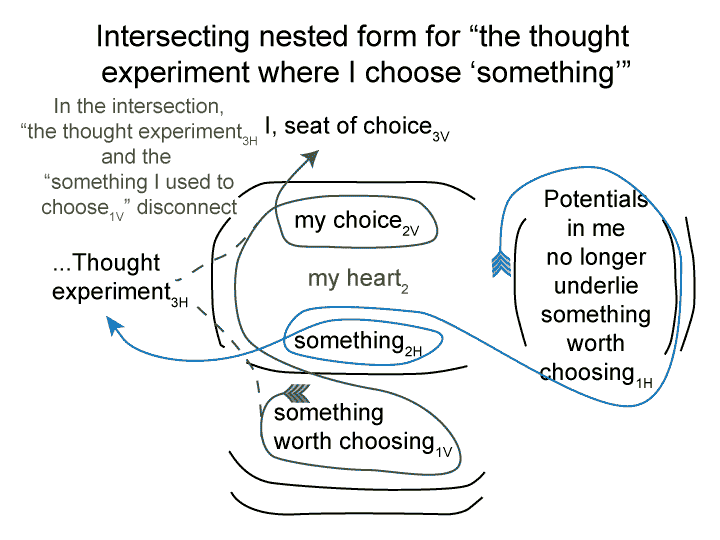Man and Sin by Piet Schoonenberg (1964) 2.3 NB
[Would anyone offer you anything for ‘free’ (without apparent cost or obligation) in the short run, unless they hoped that the exchange would ‘obligate you, in the long run’?
An alternate approach is to offer ‘free stuff’ means ‘ with strings attached.
These strings (words) are co-opposed to bondage.]

